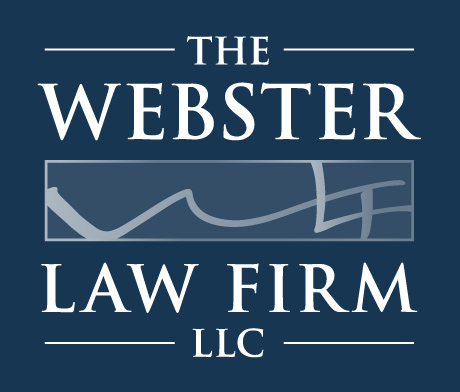Ethics
The other day I got a notice from Facebook that we had a new comment from a viewer whose only comment was that people “should call the ambulance chasers and get rich!!” I found this post interesting because it really summarizes how many people perceive the work we do in personal injury, but it’s a misperception. First, attorneys are ethically not allowed to go to hospitals or accident scenes and try to drum up business. Second, any attorney that would is not an attorney that you want to work with. So what should you look for when you are seeking to hire an attorney?
Dabblers
I would initially suggest the reader take a look at a blog I posted about three years ago concerning attorneys who are going into the field of personal injury, but really don’t know what they are doing. I called them dabblers. In addition to the suggestions that I made in that post, here are some other things for you to look for when researching who you want to work with.
Caseload Size
What is the size of the caseload of the attorney that you are interviewing? I’ve seen some attorneys who have caseloads in excess of 75 to 100 cases. This is a concerning number of cases and if the attorney you are talking to has that kind of caseload, you want to know how much support staff that attorney has or whether there are other associates sharing that caseload. I say this because that is a large number of cases and immediately calls into question how much individual attention the attorney is able to pay to your case. In our firm I try to keep my caseload between 30 and 40 at any given time. I find this size of a caseload allows me to give personal attention to clients and I am able to more thoroughly evaluate my clients’ harms and losses so that they can be fairly compensated.
Communication
How does the attorney communicate with clients? This is important to find out because there are many firms that sign new clients up and get initial information, then the client does not hear from the firm until they are ready to begin the settlement process. If you don’t want to be bothered by the details of your case or don’t feel you have time to work with the attorney on a regular basis, this may be exactly the practice model that you prefer. In our firm, regular communication with clients is the reason that I keep my caseload in a manageable range. In my practice I meet with clients regularly (usually once per month) to get updates. I find this important because it allows me to find out what has been happening in the previous month and allows me to make notes along the way which I use extensively when drafting settlement demands on behalf of my clients. It allows me to provide extensive information to insurance companies to document the harms and losses suffered by my clients and it has the additional advantage of helping me prepare my case for trial if that is the direction we have to go. In that regard, regular meetings with clients is also beneficial to help clients with the inevitable stress and anxiety that is involved with a personal injury claim.
Demands
Does the attorney draft the demand themselves? Some firms have templates that they use to cut and paste demands together. This can work fine, but in my opinion is more likely to lead to the necessity of having to file a lawsuit. It’s very time consuming (at least the way I do it) to draft demands, but the real advantage of taking the time necessary to break down each claim is it gives the insurer a better evaluation of their risks and I find that doing my demands helps me to think through the case so that I can start building a road map of how trial would proceed if necessary. This isn’t to say that trial is inevitable, but in my opinion the chance of having to file a lawsuit is much greater if you haven’t thought through where your strengths and weaknesses lie so that you can address them in the demand and hopefully convince the insurer that they don’t want to play that game.
Find Someone You Like
Finally, you should make sure that you and the attorney you choose get along. It’s not very unusual that an attorney and prospective client just don’t see eye to eye, or they may just not fit as far as their personalities. If you find yourself interviewing an attorney and the two of you just don’t seem to be on the same page, you should probably just move on to another attorney. In my opinion it is very important that attorneys and clients have a cordial relationship. If the attorney practices like I do, you will be spending quite a bit of time with this person and it’s always much easier if you are both on the same page. Most clients have at least some expectations for what they would like to see in the person who represents them. Make sure that you discuss your preferences before hiring because you don’t want to find out a year from now that the attorney you chose really doesn’t fit you.

